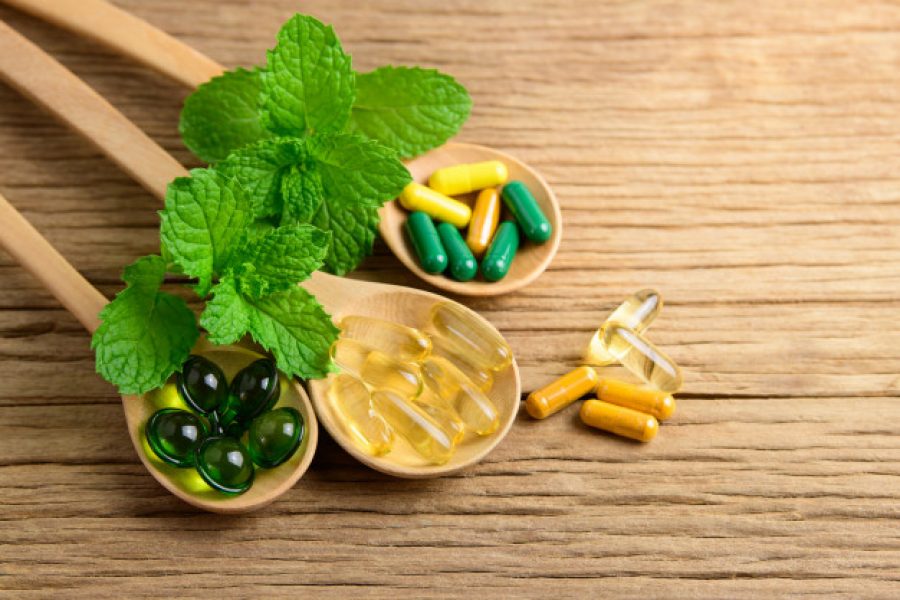What you eat or drink can interfere with the medications you take!
Here are five of the most common food-drug interactions:
Dairy Products
Dairy products such as milk, yogurt, and cheese interact with some antibiotics, thyroid medications, and iron supplements.
Calcium in dairy products (and calcium supplements) interferes with the absorption of these medications, so do not take them together.
Coffee
Caffeine in coffee (as well as tea, soft drinks, energy drinks, and caffeine pills) interact with many medications, including some muscle relaxants, antibiotics, psychiatric medications, and asthma medications.
Caffeine is a stimulant, and you should take it separately from these medications to avoid unpleasant side effects that range from mild and moderate (headaches, nervousness, increased heart rate) to severe (fainting).
Grapefruit
Eating grapefruit or drinking grapefruit juice interacts with some cholesterol medications, blood pressure medications, psychiatric medications, and many more.
Chemicals in grapefruit, called furanocoumarins, affect the way your body breaks down these medications, leading to more medicine in the bloodstream. This increases the chance of side effects.
Leafy Green Vegetables
Foods rich in Vitamin K, such as kale, collard greens, spinach, broccoli, turnip greens, and cabbage, can reduce the effects of the blood thinner, warfarin.
In this case, all you need to do is eat a consistent amount of vitamin K-rich foods without sudden changes; eating way less than you are used to can cause bleeding, and eating much more than you are used to can cause clotting.
Speak with your pharmacist or physician before making any changes to your daily intake of leafy green vegetables.
Bananas
Potassium in bananas can cause interactions with some blood pressure medications. These medications cause the body to hold on to extra potassium.
Adding more potassium from bananas can lead to heart palpitations.
The risk is even higher for older people and people with kidney problems.
Therefore, avoid eating too many bananas or other potassium-rich foods (oranges, green leafy vegetables) when taking these medications.
Please note that not all food-drug interactions are covered in this post.
Wondering about a specific medication? Ask Alma Health’s Clinical Pharmacists!
If you like us, become a member of our community in order to get the latest information on health and chronic disease management. We are a message away.






